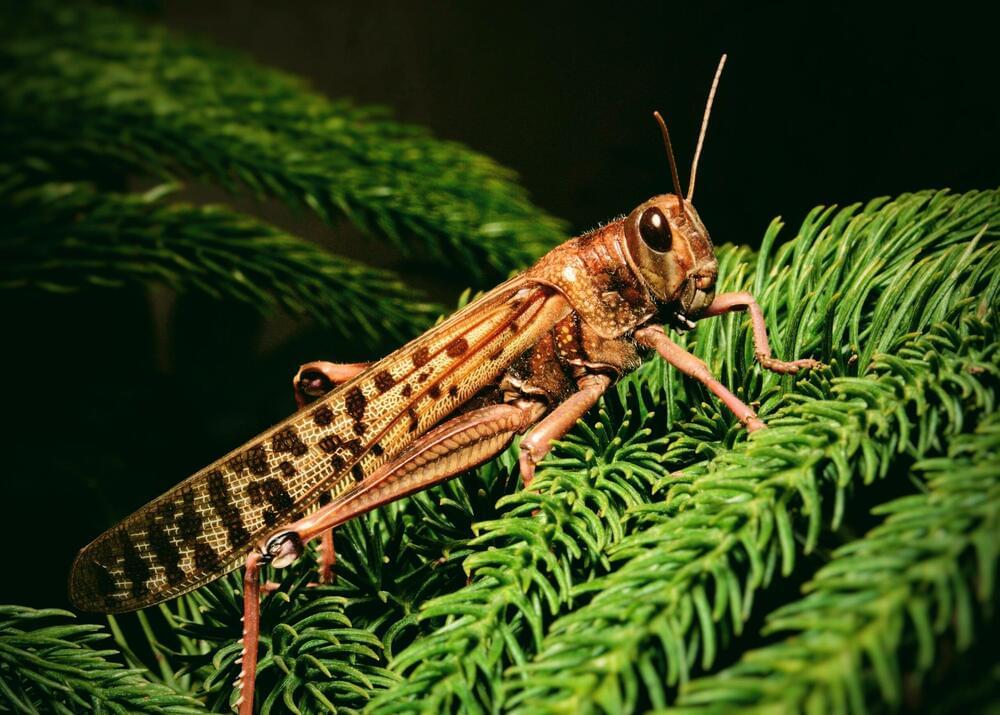A new study led by Michigan State University (MSU) has found that locusts can reliably detect through smell a variety of human cancers. The insects can not only “smell” the difference between healthy and cancerous cells, but they can also distinguish between different cancer cell lines. These findings could provide a basis for devices which use locust sensory neurons to enable the early detection of cancer by using only biomarkers in a patient’s breath.
“Noses are still state of the art,” said study senior author Debajit Saha, an assistant professor of Biomedical Engineering at MSU. “There’s really nothing like them when it comes to gas sensing. People have been working on ‘electronic noses’ for more than 15 years, but they’re still not close to achieving what biology can do seamlessly.”
Cancer cells function differently from healthy ones, and create different chemical compounds as they grow. If these chemicals reach the lungs or airways – which happens in most types of cancer – they can be detected in exhaled breath. “Theoretically, you could breathe into a device, and it would be able to detect and differentiate multiple cancer types and even which stage the disease is in. However, such a device isn’t yet close to being used in a clinical setting,” Professor Saha explained.
